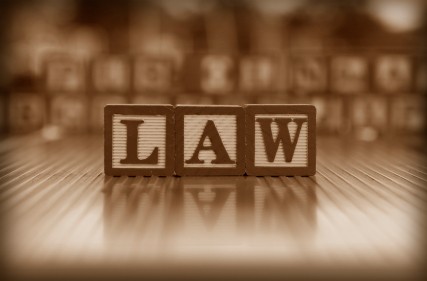The Miranda warnings should be read to you any time you are arrested. A police officer or other official must, by law, tell you the full “Miranda warning” to warn you about your rights to not say anything that might make you look guilty. The Miranda warning gives you the following rights: 1) You have the right to remain silent; 2) Anything you say can and will be used against you in a court of law; 3) You have the right to an attorney and 4) If you cannot afford an attorney, one will be appointed for you
This means when an officer “reads you your rights,” you aren’t required by law to speak with the police and may request an attorney.
The name comes from a historic 1966 U.S. Supreme Court case called Miranda v. Arizona, declaring that whenever a person is taken into police custody, before being questioned they must be told of the Fifth Amendment right not to make any self-incriminating statements. The following is an overview of your Fifth Amendment Miranda rights, including when police must read you your rights and what happens when they fail to do so.
Miranda rights are rooted in the Fifth Amendment’s protection against self-incrimination. Petitioner Ernesto Miranda confessed to a violent crime after two hours of police interrogation and signed a statement that he confessed: “with the full knowledge of [my] legal rights, understanding any statement I make may be used against me.” However, he was never explained these rights.
The Court ruled that the interrogation was coercive in nature and that he wasn’t informed about his right to an attorney. Therefore, they concluded, he didn’t voluntarily waive these rights when he signed the statement because he didn’t understand his rights. Had he retained legal counsel, he probably wouldn’t have been so forthcoming during the interrogation. When police officers question a suspect in custody without first giving the Miranda warning, any statement or confession made is presumed to be involuntary, and can’t be used against the suspect in any criminal case. Any evidence discovered as a result of that statement or confession will likely also be thrown out of the case.
If you or a loved one is in a bind as a result of a criminal charge, immediately contact a Seattle Criminal Attorney. A Criminal lawyer is not going to judge you, and understands that everyone makes mistakes. Hiring a Seattle Criminal Lawyer to help can – at a minimum – reduce penalties, and can help direct people on how to best deal with their criminal charge, and many times even get them dismissed. So it should go without saying that someone cited for a misdemeanor or felony should hire a qualified Seattle Criminal Lawyer as soon as possible. Criminal charges can cause havoc on a person’s personal and professional life. Anyone charged with a crime in Washington State should immediately seek the assistance of a seasoned Seattle Criminal Lawyer.

